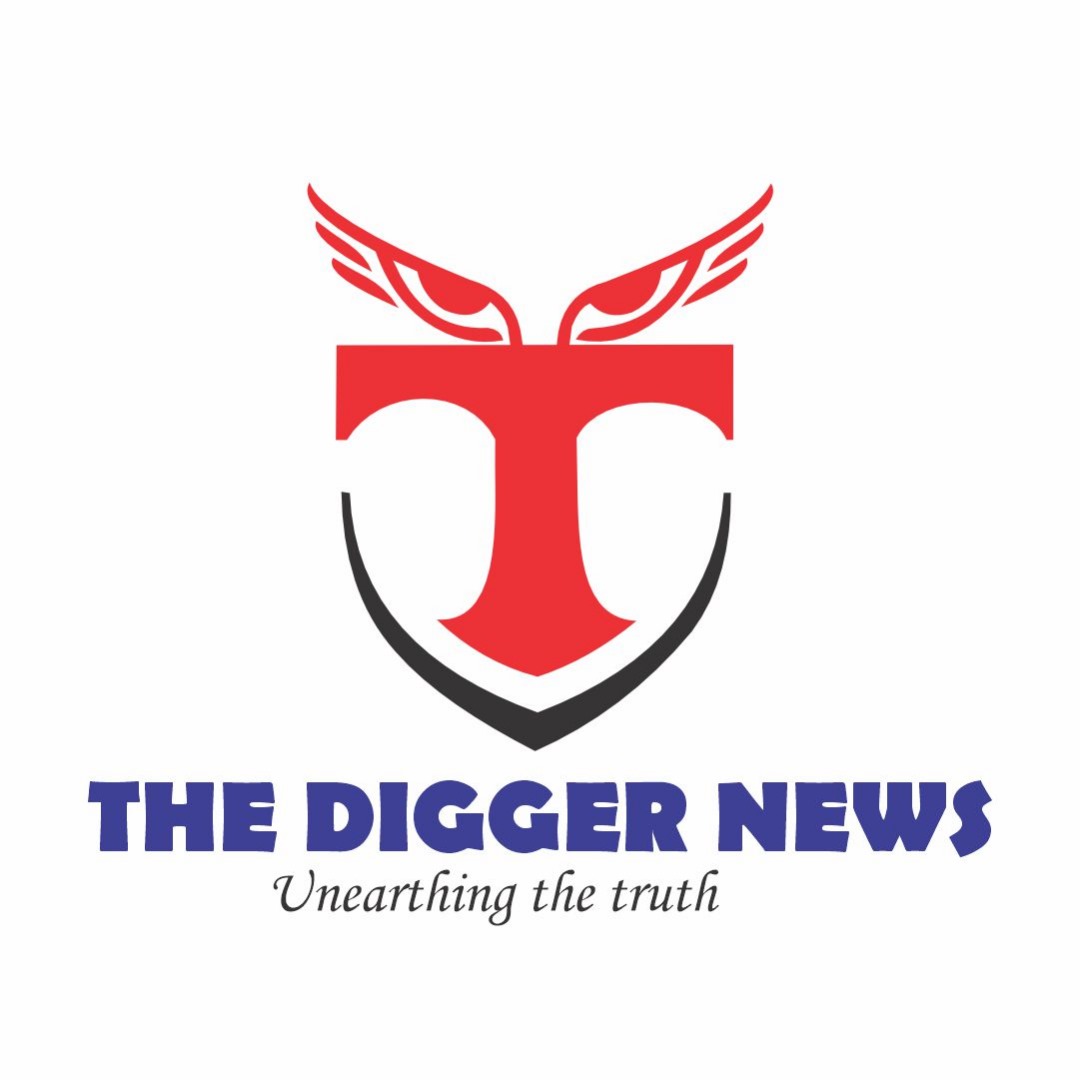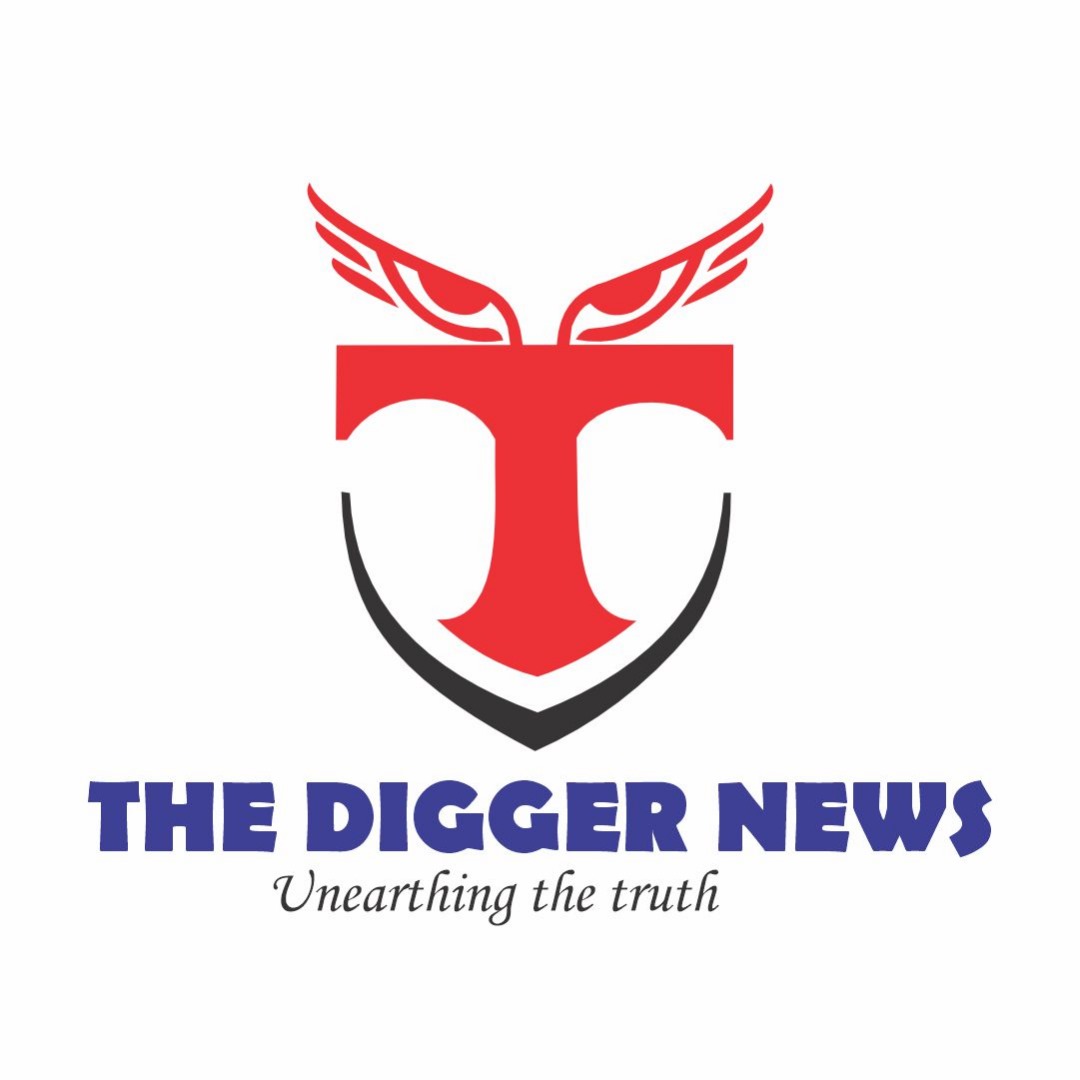Abuja: The President of the Senate, Godswill Akpabio, has said that the current funding levels for the health sector remain far below the commitments the National Assembly has made at the continental and global levels.
He made the remarks at a public hearing organised by the Senate Committee on Health (Secondary and Tertiary) held in Abuja on Monday.
The hearing was on five bills, including the Sickle Cell Disorder Research and Therapy Centres (Establishment), sponsored by Sen. Sunday Katung (Kaduna South).
The National Health Act (Amendment) Bill, sponsored by Sen. Ipalibo Banigo (Rivers West), seeks to increase funding for the health sector.
Others include the Orthopaedic Hospital Establishment Bill, Kogi State, sponsored by Sen. Isa Jibrin (Kogi East).
“And two bills seeking to establish two National Eye Care Centres in Plateau and Benue States, respectively, sponsored by Sen. Diket Plang (Plateau Central) and Senator Titus Zam (Benue North-West).
Senate Chief Whip, Mohammed Monguno, represented Akpabio.
He said: “The current funding levels for the health sector remain far below the commitments we have made at continental and global levels.
“This National Health Act (Amendment) Bill aims to strengthen the financial framework that supports primary healthcare, disease prevention, health workforce development, and emergency response.
“Increased funding is not an expense; it is an investment in national security, economic growth, and human capital.”
He said that each bill is a response to real and pressing health challenges facing the people.
“They are not abstract legislative proposals; they address conditions that affect millions of Nigerians – directly or indirectly every single day.
“Nigeria has the highest burden of sickle cell disease in the world. Every year, thousands of our children are born with sickle cell disorder, and many of them do not survive to adulthood due to inadequate diagnosis and poor access to therapy.
“The Sickle Cell Disorder Bill seeks to change that narrative by establishing dedicated research and therapy centres that will expand scientific knowledge, improve patient care, and reduce mortality.
“It is a crucial step toward giving hope to families affected by this condition,” he said.
He, however, assured the National Assembly of his commitment to strengthening Nigeria’s health architecture and ensuring that laws respond effectively to the realities of the people.
Chairman of the Committee, Sen. Banigo and sponsor of the National Health Act (Amendment) Bill, said the bill buttresses the need to amend the existing Act.
“To increase the percentage of the Basic HealthCare Provision Fund (BHCPF) from the current one per cent to two per cent of the Consolidated Revenue Fund.
“This is necessitated because the current allocation is abysmally low to meet current national health needs”.
In his presentation, Sen. Katung said the bill on Sickle Cell Disorder Research and Therapy Centres sought to establish seven of such centres, one in each of the six geopolitical zones and one in the Federal Capital Territory, Abuja.
“These Centres represent a commitment that Nigeria will finally provide our children with sickle cell disorder the same standard of care available in other parts of the world”.
He said that Nigeria carries the heaviest burden of Sickle Cell Disorder globally, noting that each year, approximately 150,000 babies are born with this condition in the country.




